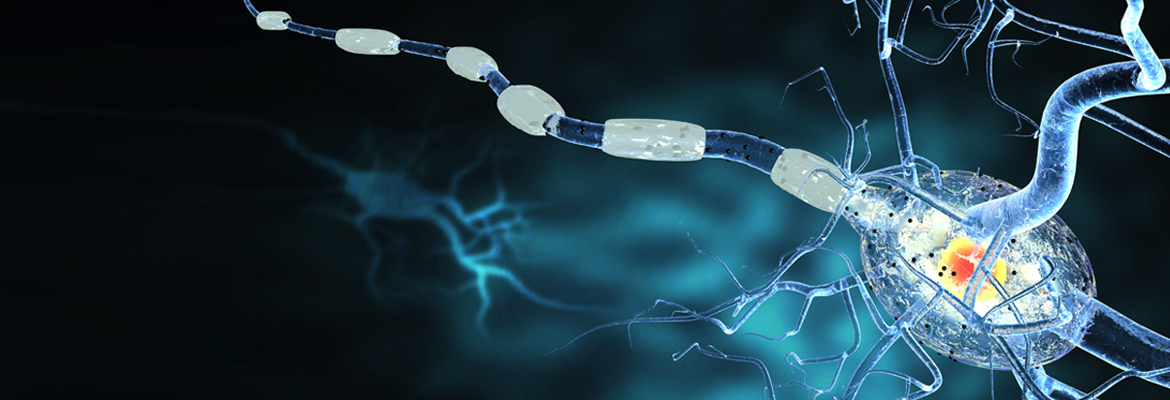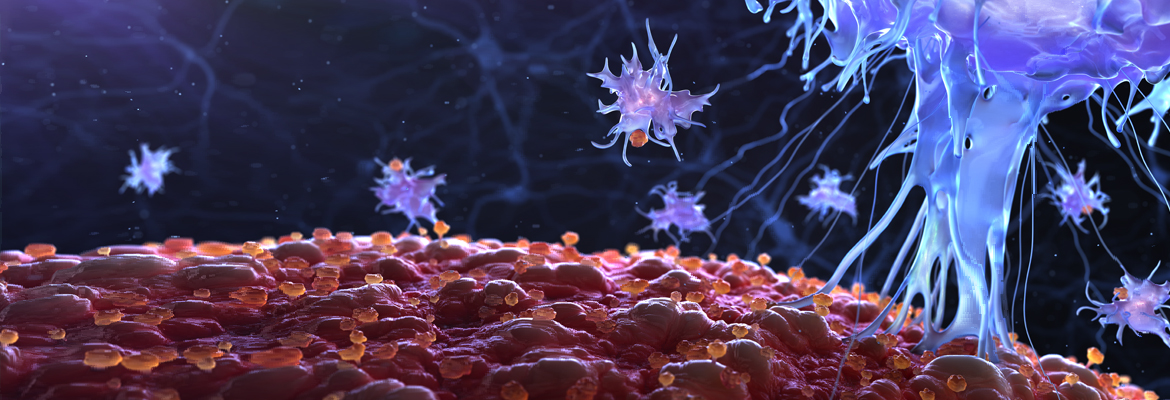As a spectrum disorder, autism spectrum disorder (ASD) can look very different from one person to the next, with hundreds of possible genetic mutations that seem to play a role in how ASD is expressed in each individual. Gathering data and funding studies of the size and scope necessary to account for autism’s myriad expressions has been out of reach — until now. Established in October 2008, the Center for Autism Research (CAR) is uniquely poised to lead autism research into a new era.
Over the last decade, CAR has sought to understand the causes of ASD in order to develop effective treatments through research; to serve the needs of individuals with ASD and their families through education and guidance throughout the lifespan; and to train the next generation of master clinicians and scientists in state-of-the-science best practices for autism screening, diagnosis, and treatment.
“CHOP offers a unique set of circumstances that makes it possible to surmount these persistent challenges in autism research,” said Robert T. Schultz, PhD, CAR’s scientific director. “CHOP’s vast patient base of 10,000 patients per year with ASD combined with unparalleled clinical and research expertise in multiple specialties affords us an extremely rare opportunity to conduct research that is rigorous, reproducible, and ultimately translatable: to accelerate the pace at which we’re able to improve care and long-term outcomes for patients with ASD within the CHOP Care Network and throughout the country.”
A collaborative effort between Children’s Hospital of Philadelphia and the University of Pennsylvania, CAR and its researchers have achieved numerous milestones over the past 10 years.
Time magazine named the discovery of autism gene variants by Hakon Hakonarson, MD, PhD, director of the Center for Applied Genomics at CHOP, a top 10 medical breakthrough for 2009. “[To that point], researchers knew little about the genetic component of ASD; and what they did know was related to syndromic, rare forms of ASD seen in other conditions, such as Fragile X syndrome, 22q11.2 Deletion and Duplication Syndromes, and Prader-Willi syndrome,” Dr. Hakonarson stated.
The following year, Timothy Roberts, PhD, vice-chair of research for the Department of Radiology at CHOP, discovered that children with ASD process sounds a fraction of a second slower than typically developing peers, leading to cascading delays.
The 2011 Infant Brain Imaging Study found the brains of infants who develop ASD follow different developmental trajectory from 6 months of age, affecting brain connections later in life. In 2017, a significant follow-up finding revealed differences in brain activity patterns at 6 months old can predict which children will develop autism at age 2.
A Center of Emphasis at CHOP, CAR established the Technology and Innovation Lab in 2015, which focuses on developing new technologies to revolutionize autism diagnosis and treatment. Two years later, the lab created a tool to help diagnose autism based on a three-minute video of social conversation.
In 2016, John Herrington, PhD, assistant professor in the Department of Child Psychiatry and Behavioral Science at the Perelman School of Medicine, found the amygdala to be smaller and more active in children who have ASD as well as an anxiety disorder. These findings suggest that symptoms of anxiety aren’t merely a facet of the core ASD symptoms but suggest anxiety can co-occur as a separate diagnosis in children with ASD.
And this year, CAR undertook the first longitudinal examination of the effectiveness of universal screening of autism using the Modified Checklist for Autism in Toddlers (M-CHAT). Looking to the future, CAR is building an integrated clinical/research program known as the “Autism Learning Health System” that is a testing ground for new treatments and models of care, with the support of patients and families, research collaborators, and partners like the Philadelphia Eagles.
Learn more about this groundbreaking development in �CAR’s 10th Anniversary Report�.





